The National Bureau of Statistics (NBS) has said that Nigeria unemployment rate rose to 4.2 percent in the second quarter of 2023, under its new labour methodology survey.
The bureau said this in its Nigeria Labour Force Survey (NLFS) report for Q2 2023 released on Thursday, December 21.
The NBS said the rate is an increase of 0.1 per cent from the figure recorded in Q1 2023 (4.1 per cent).
“The unemployment rate in Q2 2023 was 4.2 per cent, this is an increase of 0.1 per cent from the figure recorded in Q1 2023 (4.1 per cent),” the NBS said.
A breakdown of the report showed that the labour force participation rate among the working-age population remained high at 80.4 per cent in Q2 2023.
It said the employment-to-population ratio was 77.1 per cent in Q2 2023.
“The combined rate of unemployment and time-related underemployment as a share of the labour force population (LU2) was 15.5 per cent in Q2 2023,” it said.
The report explained that most workers (around 88.0 per cent) were in self-employment in Q2 2023.
It added that the proportion of workers in Wage Employment in Q2 2023 was 12 per cent.
“The rate of unemployment among persons with post-secondary education was 8 per cent in Q2 2023. The Unemployment rate among youth aged (15-24 years) in Q2 2023 was 7.2 per cent having been at 6.9 per cent in Q1 2023,” the NBS said.
According to the bureau, the unemployment rate in urban areas was 5.9 per cent in Q2 2023, an increase from 5.4 per cent in Q1 2023.
It further explained that time-related underemployment in Q2 2023 was 11.8 per cent. It noted that 4.8 per cent of the working-age population were in subsistence agriculture.
“Informal employment rate in Q2 2023 was 92.7 per cent. Percentage of youth Not in Employment, Education nor Training (NEET Rate) was 13.8 per cent,” it said.
The new NBS labour fource survey methodology has been widely criticised for lacking in reality and deviating from the system that showed Nigeria unemployment rate at 33 percent in Q4 2022.
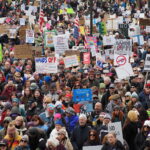

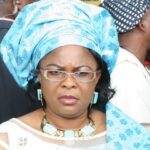


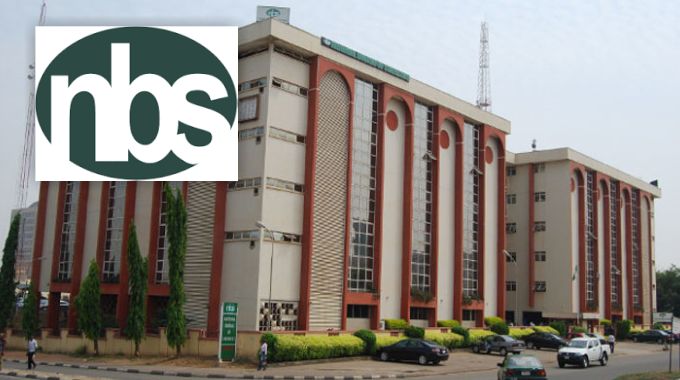
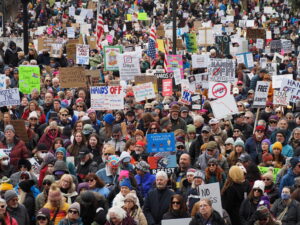

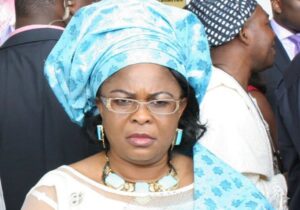

More Stories
Tinubu sacks NNPCL CEO Mele Kyari, replaces him with ex-Shell MD, Ojulari
Customs commences implementation of zero tax on imported pharmaceutical inputs for two years
NNPC’s termination of Naira for crude deal with Dangote heightens FX demand, as Naira weakens